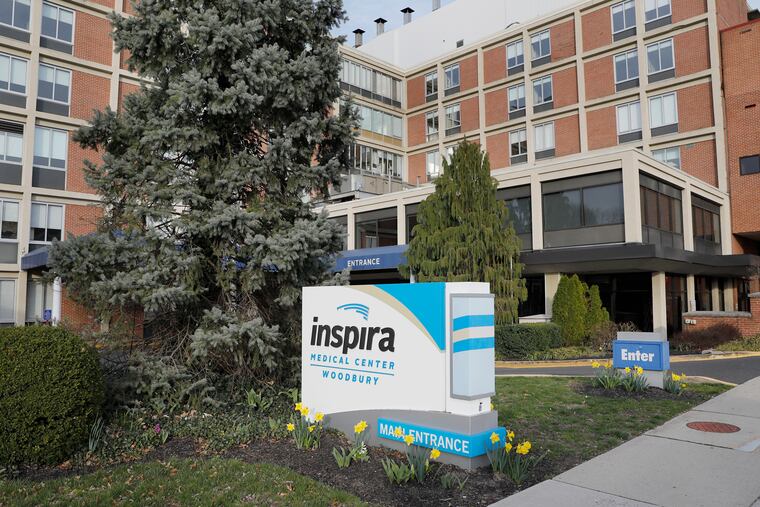Inspira Health will pay $100K to employees for denying religious exceptions in its vaccine mandate
The New Jersey health system removed religious exemptions from its flu vaccine policy to comply with a 2020 New Jersey law.

A health system in New Jersey must pay $100,000 to several former employees after federal regulators ruled its vaccination policy was discriminatory.
Last month, the U.S. Equal Employment Opportunity Commission, or EEOC, found that Inspira Health Network discriminated against six employees when the system denied them a religious exception from a flu vaccine mandate. For this violation, Inspira has agreed to compensate five of the employees in a settlement totaling $100,000.
The sixth employee was not involved in the filing, an EEOC spokesperson confirmed. The full terms of the agreement have not been made public.
» READ MORE: Philly relaxes COVID vaccination policy for city workers now that national emergencies have ended
The issue started in the fall of 2020 when New Jersey passed a law that requires health-care workers to get the flu vaccine. The law allowed for medical but not religious exemptions.
To comply with the new statute, Inspira removed an allowance for religious exemptions from its policy. By doing that, the EEOC ruled, the health system violated Title VII of the Civil Rights Act of 1964.
“Title VII allows employees with sincerely held religious beliefs to seek reasonable accommodations,” said EEOC Philadelphia district director Jamie Williamson in a statement.
Complaints about employers not providing reasonable accommodation on the basis of religion or other protections come up regularly, said Ross Silverman, a professor of health services administration and policy at Temple University’s College of Public Health. And while Inspira’s case is specific to a New Jersey state law, the settlement signals to employers that they should be flexible in how they think about civil rights when crafting vaccine policy.
“The EEOC here is reinforcing that employers can’t eliminate the opportunity for the employee to request a religious accommodation when it comes to flu shots,” Silverman said.
» READ MORE: Major South Jersey health systems’ operating margins fell last year, latest audits show
Inspira owns four hospitals in Gloucester, Salem, and Cumberland Counties. It was the only one of the three large not-for-profit health systems in South Jersey to report losing money on operations last year.
The system’s president and CEO, Amy B. Mansue, said in an emailed statement that she is grateful for the EEOC for taking the time to hear the case and noted that no employee who followed the exemption process lost their jobs over their flu vaccination status.
“We have since revised our policies in recognition of true and genuine observance of faith as it pertains to the practice of immunization,” Mansue said.